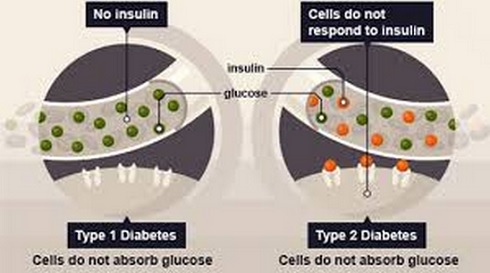Published by Diabetes News, U.K.
A cell used to treat immune-related diseases has been found to spare islet cells from destruction, reversing type 1 diabetes.
Mesenchymal stem cells (MSCs) were studied by researchers at the Harvard-affiliated Brigham and Women’s Hospital (BWH), with their results published in the journal Stem Cells.
MSCs – a type of adult stem cell – possess anti-inflammatory and potent immune-suppressing effects. Previous preclinical trials have found administration could reduce blood sugar levels in non-obese diabetic mice, without the need for insulin.
The research team investigated if additional administration of MSCs could spare other pancreatic islets from destruction in the immune system.
Injecting MSCs directly into these islets is infeasible as the pancreas releases toxic enzymes when altered. To administer MSCs into islets, the researchers engineered the HCELL homing molecule to direct the MSCs into the islets.
HCELL, a surface adhesion molecule, controls how cells are homed in the bloodstream to areas of tissue inflammation. This molecule is normally lacking in MSCs.
Upon administering HCELL-bearing MSCs into the diabetic mice, the MSCs fixed to the islets, resulting in long-lasting normalisation of blood sugar levels – essentially reversing type 1 diabetes.
Professor Robert Sackstein of BWH’s Departments of Dermatology and of Medicine, co-author of the study, concluded that this preclinical study marks a significant step in using MSCs to treat type 1 diabetes, before acknowledging that further studies are necessary.
Sourced from: www.diabetes.co.uk






